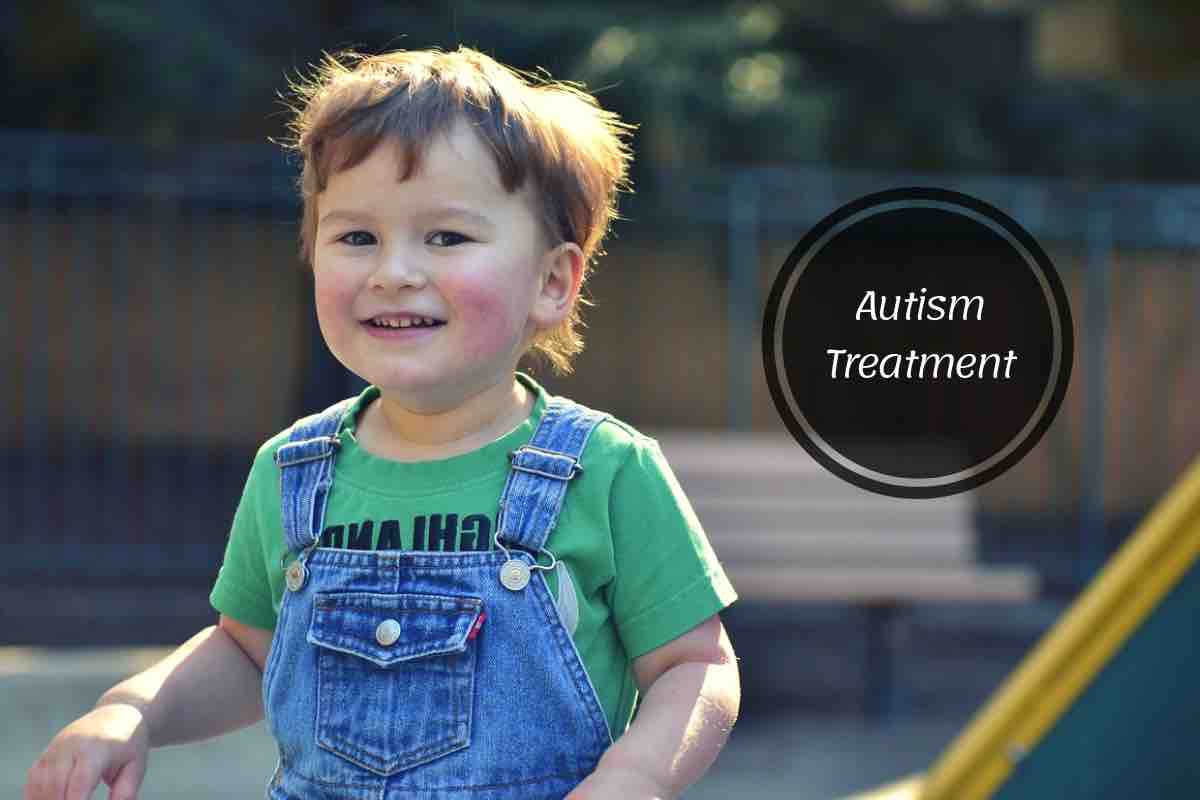What Are The Various Idea Of The Gifts For The Relatives?
I am the mother of an autistic boy who is now 18 years old. My son’s autism has caused him to experience some challenges when it comes to socialization, but he has also experienced some incredible strengths and talents that are so valuable in this world. As his mom, I want nothing more than for him to be able to find a job where he can use his skills and talents to help others. However, one challenge that we as parents face with our autistic children is how to make them understand that they should try not to damage or destroy other people’s property. One way that many autistic children deal with this problem is through what is known as “self-injury.” This means that the child will sometimes pick at their own skin or pull out their hair until they bleed. While this behavior might seem like a bad habit, it actually serves a purpose. For example, self-injury can be used by autistic children to communicate something to us without having to say anything. It can also be a way for them to express pain. In addition, if your child does self-injure, you may have to respond in a different way than you would if he were just playing around.
There are varieties of the gift ideas for a relative on the spectrum. Having the complete idea of eth various options will reach to the future goals. In the long run the option will give good results. A person will get good results. The main motive of the people is to be effective and plan to achieve the goals.

A common question from caregivers of autistic children is whether there is anything you can do about these behaviors. If you are wondering why your child is acting this way, then I recommend consulting a doctor. They have probably seen similar behaviors before and know exactly what to look for. What you need to understand is that autism affects all parts of the brain and therefore causes some differences in thinking and processing of information. For instance, it is possible that the autistic child may not associate other people’s feelings with his actions. Therefore, because he cannot process the emotional part of the communication process, he may not see why he shouldn’t hurt himself. The best thing to do when dealing with self-injuring behaviors is to accept the fact that they happen and to figure out ways to work around them. Here are some tips to keep in mind.
Avoid physical contact with your child whenever possible. This includes touching or holding his hands. If you touch his hands, the chances are high that he will pull away. Instead, you could try using a gentle squeeze and then releasing his hand. You could also try using a pat on the back instead of a hug. Also, avoid making statements such as “stop” or “no.” These words will cause him to feel controlled and will likely result in tears. He may even interpret this as you trying to hurt him and end up pulling away from you. Instead, try using phrases such as “let go,” “it’s okay,” or “calm down.”
If you notice that your child is self-injuring, immediately remove any items that might cause him pain. Examples include jewelry, clothing, books, papers, etc. Sometimes your child will only injure himself while wearing certain types of clothing. Therefore, it is important to change his outfit whenever possible. Be sure to take off all of his jewelry before putting on new clothing.
Try to identify what is causing your child to act this way. Is it anger, frustration, or embarrassment? Sometimes, your child will self-injure when he feels overwhelmed or embarrassed. Try changing your tone of voice and body language to calm him down. Try to show compassion for his emotions and give him time to recover.

Make sure that you are aware of how much pressure he can take before he starts hurting himself. Some autistic individuals can tolerate very little discomfort. You should never force your child to endure pain. Instead, you should always seek medical attention.
Be careful when giving him permission to do things. Many parents are tempted to tell their kids that they’re “free to do whatever they want.” This is usually not a good idea. Autistic children often misinterpret this as meaning that they have the right to do whatever they want. Instead, you should state that you are allowing them to do something. For example, you could say, “today, I’m going to allow you to play basketball.”
Use positive reinforcement. When it comes to teaching your child to stop engaging in destructive behaviors, it is very important to remember that he will learn better when the rewards outweigh the punishments. For example, let him choose a toy once he stops self-injuring. Let him choose which outfit he wants to wear next. Let him choose what movie he wants to watch. You can also ask him to clean up after himself. Just be sure to reinforce these efforts with positive feedback.
One last tip: If you suspect that your child is self-injuring, don’t wait! Contact your local crisis center immediately. They have trained counselors who can help you address these issues. There are also programs online that offer support for families dealing with self-injuring behaviors.

